Minister for Agriculture Charlie McConalogue said that farmers' first priority must be to grow enough grass for silage this year to avoid any fodder shortages next winter, as uncertainty around grain supply looms.
Speaking at the Agricultural Consultants Association (ACA) AGM in Portlaoise on Thursday, he said that many "new challenges are on the horizon" for Irish farmers following Russia's "abominable" invasion of the Ukraine.
The Minister told advisers at the AGM that it's going to be more important now than ever that advisers work with farmers to help mitigate grain and fertiliser challenges which face them.
Silage
Minster McConalogue warned that not only is grain going to be in shorter supply next year, but is "likely to be much more expensive" and the first step farmers must take is to make sure they have a fodder reserve.
If farmers are planning to breed, they should also plan to feed
"Every livestock farmer in the country grows grass - we have to maximise the potential this year to do that.
"The best way we can ensure our animals have sufficient fodder next year is to grow enough silage to ensure that stocks are there and that they are strong."
Farmers must make the effort to keep reserves high he said, adding that where they can have additional reserves they should.
He said that farmers have the time to plan ahead now, adding that if farmers are planning to breed, they should also plan to feed.
Plus side
"On the plus side, we are at the start of March, we are facing into the growing season.
"There will be an onus on each farm to assess the year ahead and I will be encouraging farmers to plan ahead for next winter.
"Sixty percent of our national grain requirement is imported in Ireland and 20% of our fertiliser comes from Russia," he said.
The Minister has also called on farmers to consider growing grain, especially those who have done it in the past, in order to increase the level of grain grown in Ireland and to build resilience
Fertiliser
The best way to mitigate fertiliser costs at the moment is to use our slurry as efficiently as possible.
"On each livestock farm in the country, we have a number of livestock farms full, we have to use that wisely to grow grass, supplemented obviously with fertiliser."
The Minister concluded by saying that there is a challenging and different year ahead and that advisers will be central to supporting farmers over the coming months.
ACA president
Outgoing ACA president Tom Canning spoke with the Irish Farmers Journal following the meeting and said that both the ACA and Teagasc have advisory contact with over 100,000 out of Ireland's 130,000 farmers.
"The record of engagement is already there with farmers," he said.
With regards to the new CAP schemes which lie ahead for farmers in 2023, he said that advisers can get out and advise farmers earlier this time round.
"Compared to the old GLAS scheme, we were very strongly confined with the tranche system, we had very limited time to get out there and discuss the options with farmers.
"We can now better advise farmers on the options that will suit their particular farms," he said.
With relation to ACA's counterparts in Teagasc, Canning said that it is crucial that all the advisory services in Ireland are pulling in the one direction.
"We have committed to looking at establishing a memorandum of understanding of the way that both of our organisations operate," he said.




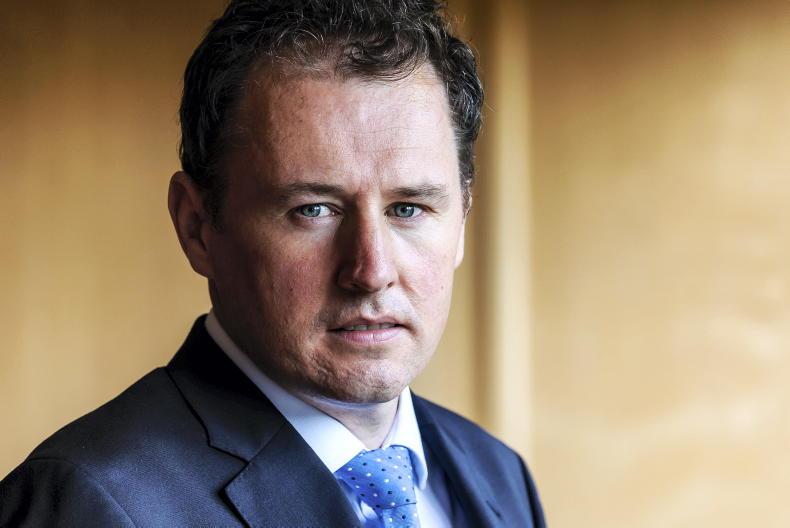
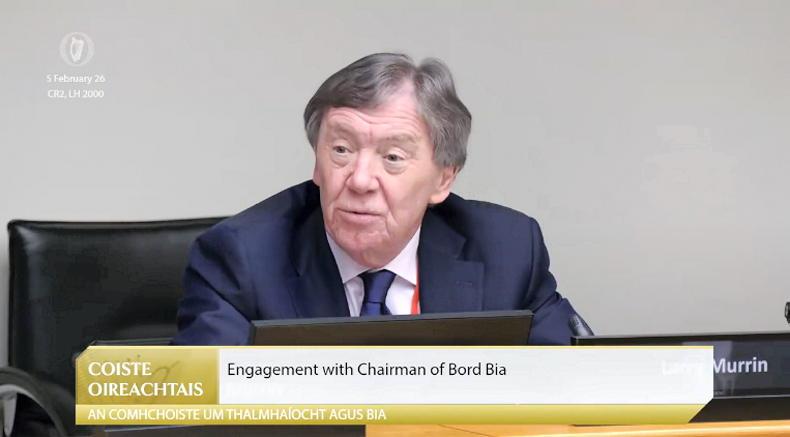

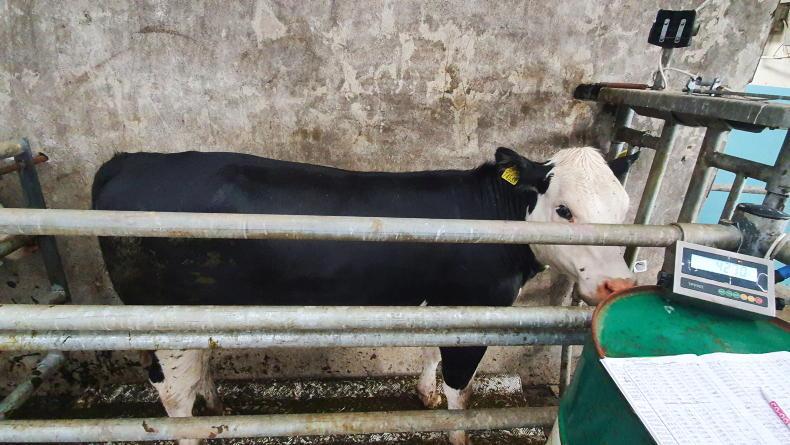
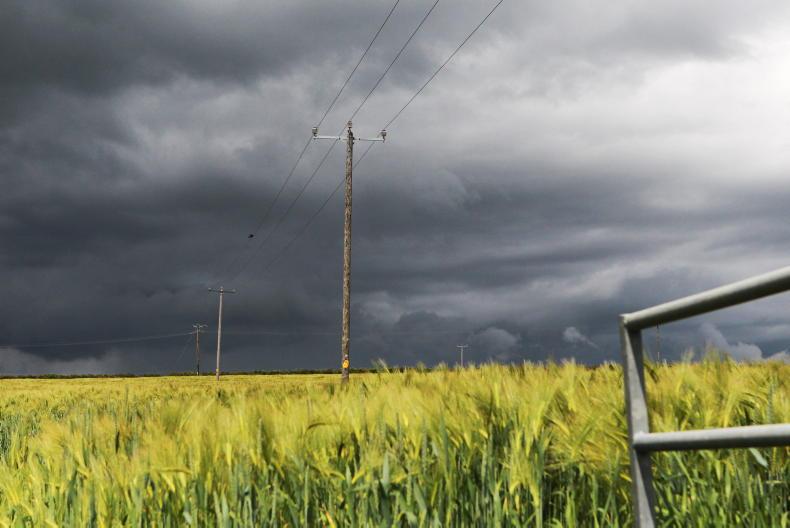
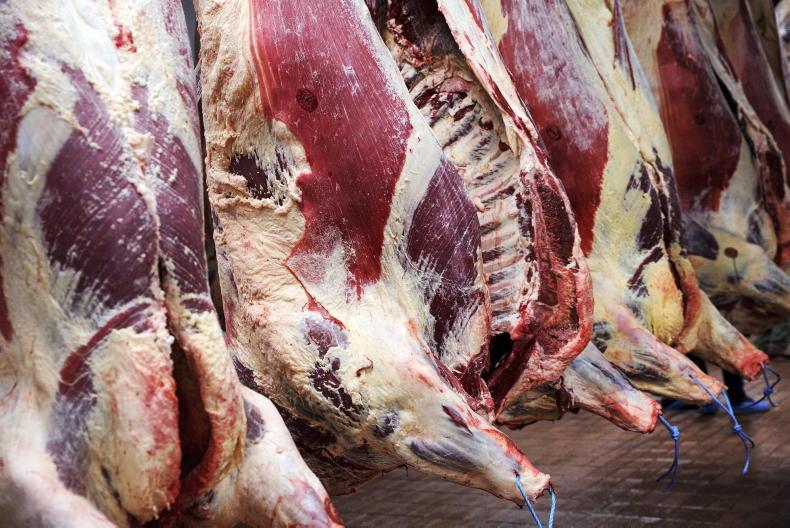
SHARING OPTIONS